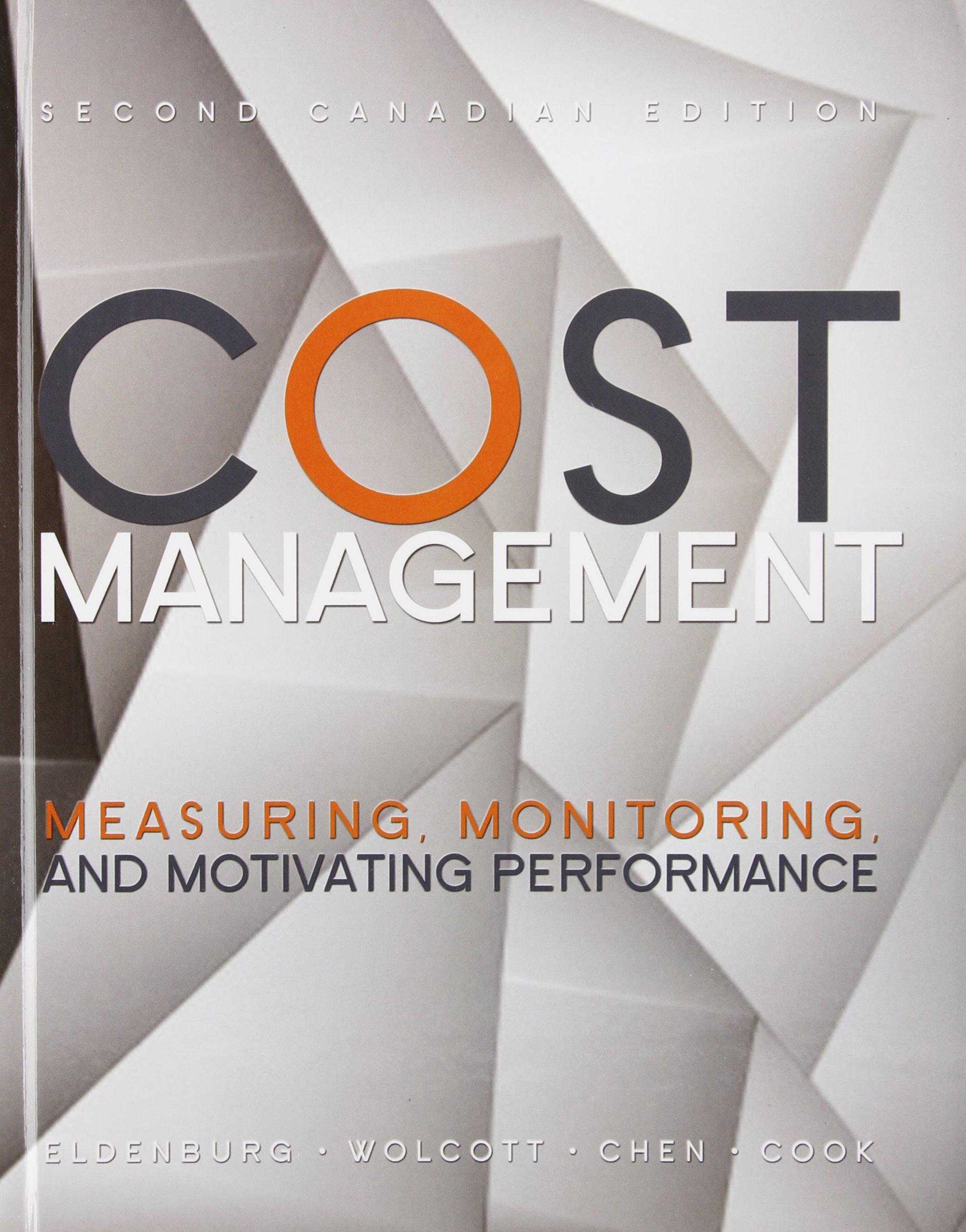Question
A workplace fatality is a very unfortunate event, but is it a criminal act? Often the answers to these questions turn on detailed fact-specific analysis
A workplace fatality is a very unfortunate event, but is it a criminal act? Often the answers to these questions turn on detailed fact-specific analysis and even experts can disagree on what is criminal. Throughout our class lectures, I've used a few examples of where criminality was either identified or prosecuted in relation to workplace safety.
Some observers feel as though making an accident, especially a fatal accident, a corporate crime is a good way to change corporate/management behavior and to improve worker safety. This is the same philosophy the EPA has utilized with regulatory compliance; go after one company and arrest/prosecute their personnel and other companies will start working to not have that happen to them.
There are many things that we recognize as criminal such as stealing an employee's tips or paying them improperly. However, it is not generally recognized that workers being killed is (or even could be) criminal. Where the EPA averages more than 300 criminal cases per year OSHA generally averages about 10.
Does making workplace accidents a crime make performing an accident investigation more difficult? Are employees and managers less likely to cooperate with an investigation if the outcome might be criminal charges and a jail sentence? Does the need to find and fix the causes of workplace accidents (to reduce the probability of recurrence) generally outweigh the argument for criminalizing accidents? Or is this just making excuses as in every case, regardless of the cause, there is an investigation and some people will have an incentive to hide/obfuscate/lie/etc.?
We have seen air traffic controllers held criminally liable for operational incidents that resulted in neither injury nor damage. Air traffic controllers and pilot organizations have been critical of the convictions asserting that the criminal prosecutions of aviation incidents tend to do more harm than good. Couldn't the same be said for safety and industrial accidents?
, please answer the following:
1)At what point do you think fatal workplace safety accidents or incidents are (or should be) a crime?
2)What if the accident or incident results in no injuries or is not fatal; could or should it still be a crime?
3) Does criminalizing workplace safety accidents work against improving safety and accident investigations?
4) Should OSHA and other safety and health regulatory agencies increase criminal referrals?
Step by Step Solution
There are 3 Steps involved in it
Step: 1
1 As GPT35 I dont have personal opinions However the point at which fatal workplace safety accidents ...
Get Instant Access to Expert-Tailored Solutions
See step-by-step solutions with expert insights and AI powered tools for academic success
Step: 2

Step: 3

Ace Your Homework with AI
Get the answers you need in no time with our AI-driven, step-by-step assistance
Get Started


